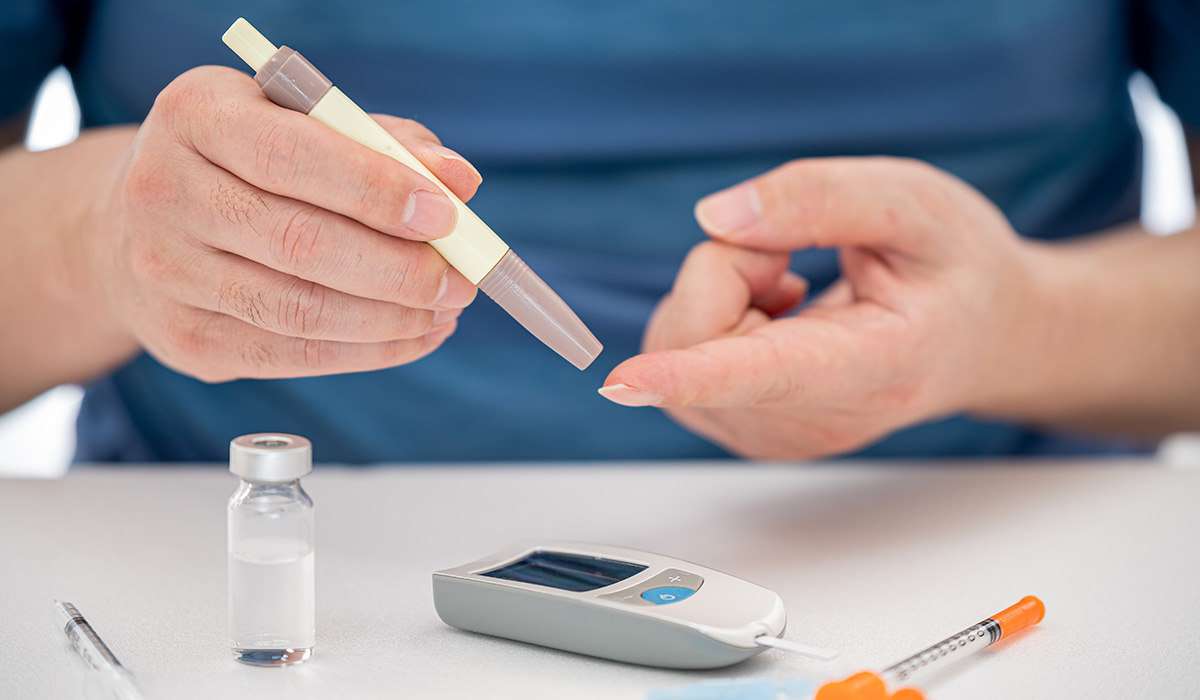How does Insulin and Glucagon work in our body?
Insulin and Glucagon are hormones produced by the Pancreas that regulate blood glucose levels in the body. They work in a negative feedback loop to maintain balance, where the effects are counteracted by a decrease in function. Insulin directs cells in the body to absorb glucose from the bloodstream, which is used for energy or stored as glycogen for later use. Glucagon signals the liver and muscle cells to convert glycogen back to glucose, which is absorbed by cells for energy production. Imbalances in these hormones can lead to metabolic disorders like hypoglycemia or hyperglycemia, which can have potentially dangerous consequences if left untreated.
Hormones are chemical messengers that help in regulating different functions in the body. Insulin is one of the most important hormones responsible for maintaining glucose levels in the blood. It allows glucose in the blood to enter the cells and provide them with energy. Insulin and glucagon work together to maintain a balance of glucose in the blood, which is necessary for proper body function and metabolism.
The pancreas is the only organ that secretes insulin, and it acts as a self-contained system that responds to changes in blood glucose concentration. Insulin facilitates the entry of glucose into cells by attaching to insulin receptors on the cells, which instruct them to open up and allow glucose to enter. Insulin also instructs the liver to absorb glucose and convert it into storage molecules called glycogen, and it regulates how the body uses and stores glucose and fat.
Glucagon, on the other hand, interacts with the liver to increase blood sugar levels during periods of low blood glucose. It instructs the liver to convert glycogen to glucose, ensuring a steady supply of glucose to the bloodstream between meals and during sleep.
Insulin plays a crucial role in maintaining the level of glycogen and lipid synthesis in the body, regulating the esterification process of fatty acids, and instructing the liver and muscle and fat cells to take in glucose from the blood. An increase or decrease in the concentration of insulin leads to the secretion of hydrochloric acid by parietal cells in the stomach.
In summary, insulin is essential for maintaining glucose levels in the blood, and it works together with glucagon to regulate blood sugar levels in the body.

